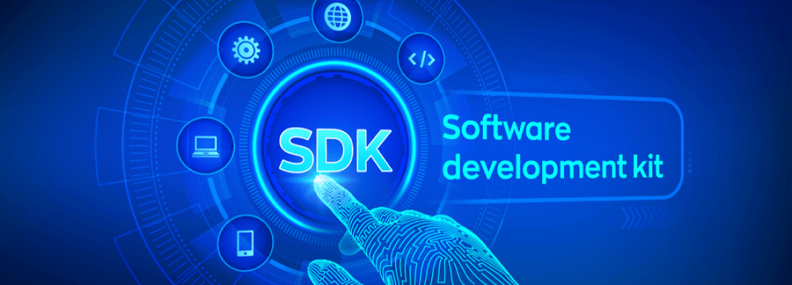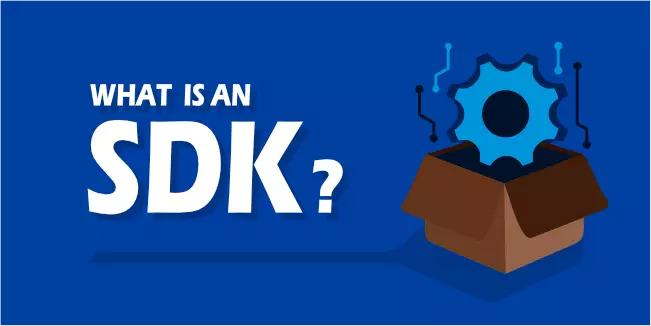Building Payment Integration: Exploring the Role of SDKs in Open-Source Payment Architecture
The growth of digital payment has steered a new generation of comfort and efficiency in financial transactions. As businesses strive to furnish a seamless payment experience, the function of Software Development Kits (SDKs) in open-source payment structures has emerged as increasingly crucial. In this article, we delve into the importance of SDKs and their function in shaping open-source payment systems.
Role of SDK in Open-Source Payments
This exploration delves into the multifaceted role of SDKs, unraveling their significance in fostering adaptability, streamlining development processes, and fortifying the security landscape of open-source payment architectures. As we steer this journey, we unleash how SDKs make contributions to the collaborative spirit of open-source development, pushing industry standards and making sure of cross-platform compatibility for a robust and interconnected digital payment ecosystem.
Understanding Software Development Kits (SDKs)
Software Development Kits (SDKs) form the backbone of modern-day software program development. At their core, SDKs are extensive sets of tools, resources, and libraries that empower developers in framing and maintaining software applications. In the world of open-source payments, SDKs serve as foundational factors, imparting developers with the essential constructing blocks to seamlessly combine price functionalities into their applications.
Flexibility and Customization
One of the standout advantages of SDKs in open-source payment architecture lies in their inherent flexibility. Developers enjoy the liberty to tailor and extend the functionality of their payment systems to align with specific business requirements. This adaptability is particularly invaluable as businesses span diverse industries, each with its unique set of payment needs.
Streamlining Development Processes
SDKs play a pivotal role in simplifying the development lifecycle. By offering pre-built modules and APIs tailored for payment integration, SDKs substantially streamline the development process. This strategic approach enables developers to concentrate on refining specific features and optimizing the user experience of their applications, ultimately expediting time-to-market and minimizing development overhead.
Enhanced Security Measures
In the critical domain of payments, security is paramount. SDKs contribute significantly to upholding robust security measures. Through the integration of security features directly into the SDK, developers can harness encryption, tokenization, and other advanced security protocols. These measures collectively work to safeguard sensitive payment information, ensuring the integrity and confidentiality of transactions.
Open Source Contributions
The open-supply nature of SDKs fosters a tradition of collaboration and innovation within the development community. Developers are consumers and contributors to a shared pool of information. This collaborative ethos accelerates the evolution of payment integration solutions. Active communities surrounding open-source SDKs provide continuous support, updates, and a wealth of insights, fostering an environment of collective growth.
Adaptability to Industry Standards
SDKs designed for open-source payment architecture are meticulously crafted to adhere to industry standards and compliance requirements. This commitment ensures that businesses can seamlessly integrate their payment systems with various platforms, financial institutions, and payment gateways while remaining in full regulatory compliance.
Cross-Platform Compatibility
Given the proliferation of diverse devices and operating systems, ensuring cross-platform compatibility is pivotal for delivering a seamless user experience. SDKs empower developers to create applications that effortlessly transcend different devices and platforms. This capability provides a consistent and reliable payment experience for users, irrespective of their chosen devices or operating systems.
Conclusion
In conclusion, the role of SDKs in open-source payment architecture is instrumental in shaping the landscape of digital payments. The flexibility, safety, and collaborative nature of SDKs empower developers to create sturdy and tailored payment solutions that meet the evolving desires of businesses and customers alike. As the need for seamless and stable payment experiences continues to grow, the significance of SDKs as an essential constructing block in payment integration can not be overstated. Businesses that embody and leverage SDKs function themselves to deliver pioneer payment solutions in an ever-evolving digital ecosystem.

















